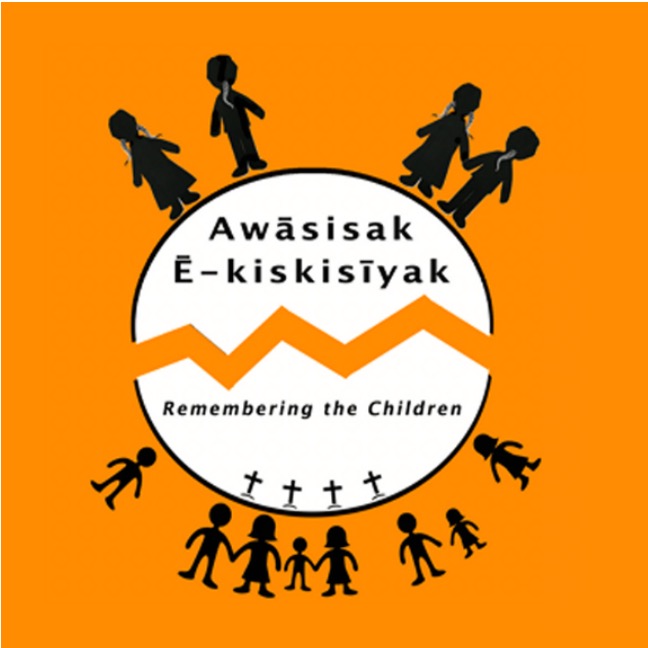Wisdom Keeper
Jamie Sams, author of, The Original 13 Clan Mothers, offers a template for personal and professional consideration. Through the wisdom passed down to her from the medicine lodges, Sams’s knowledge can be a tool for bridging meaningful relationships in educational systems that were historically were not inviting spaces for Indigenous people. Last month, we invited some thought into the first moon teaching, Talks with Relations. In this teaching, Sams shares the appreciation of the unspoken language to communicate with, not just one another, but to be mindful of what the animals, plants, and sky can teach us. This understanding creates a space of understanding diversity that allows insight into the richness of Indigenous knowledge systems and how these teachings can be applicable to the places in where we learn and teach.
The second Clan Mother of the moon cycle is centered around honoring the truth in all aspects. This moon teaching is referred to as Wisdom Keeper (Sams, 1993). In education, there is a shared responsibility to examine curriculum, instruction, and assessment authentically with meaningful considerations to Canada’s history of colonization that continues to seriously impact the first peoples of these lands. Sams points out the importance of honoring our truths and reconciliation is about truth telling. Truth has different perspectives, and in order to build a better world for those yet to come, we must allow these truths to guide us in ways that may at times feel uncomfortable.
Indigenous knowledge transmission followed a natural process of passing down the different teachings that were essential to maintaining structures that included governance, land stewardship, economics, socialization, ceremonies, stories, and languages. Colonial hierarchies of knowledge management disrupted this process of teaching and learning when education became a tool to destroy indigenous societies. Policies of assimilation and control became forefront to this destruction, and we are now left with these systemic implications.
Justice Murray Sinclair has said, “Education is what got us here, and education is what will get us out.” His words continue to resonate as we are now tasked to unlearn practices that were destructive to one group, while another group reaped the benefits. Unlearning and giving space to Indigenous knowledge and ways of doing requires Indigenous input. Authentic participation to this process cannot be qualified by colonial standards but must allow for Indigenous voice to be present and valued. In truth, there is wisdom, and it is in this wisdom that there can be growth.

